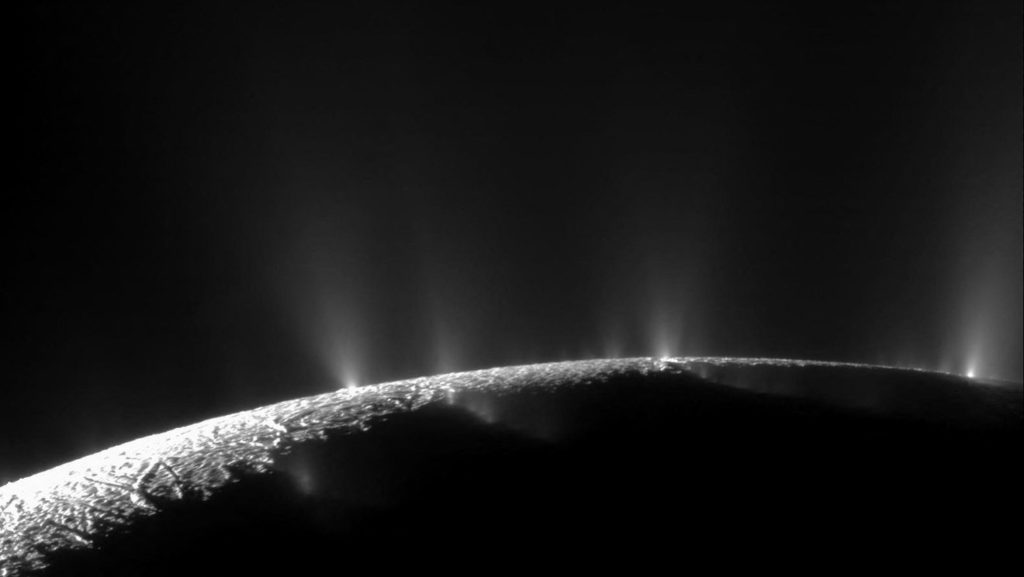Summary
Scientists found new organic molecules in the icy geysers of Saturn's moon, Enceladus, suggesting the moon may have conditions suitable for life. The discovery was made using data from NASA's Cassini spacecraft. While Enceladus could potentially support life, there is no evidence of life being present.
Key Facts
- Scientists discovered new organic molecules on Saturn's moon, Enceladus.
- These findings come from NASA's Cassini spacecraft data collected in 2008.
- Enceladus is considered a top candidate for finding life due to its hidden ocean and water plumes.
- Organic molecules found suggest Enceladus might have the right conditions for life.
- There is no evidence yet of life existing on Enceladus.
- The study analyzed ice grains from Enceladus's geysers seen by Cassini.
- These grains showed the chemical makeup of the moon more clearly because they hit the spacecraft's analyzer at high speed.
